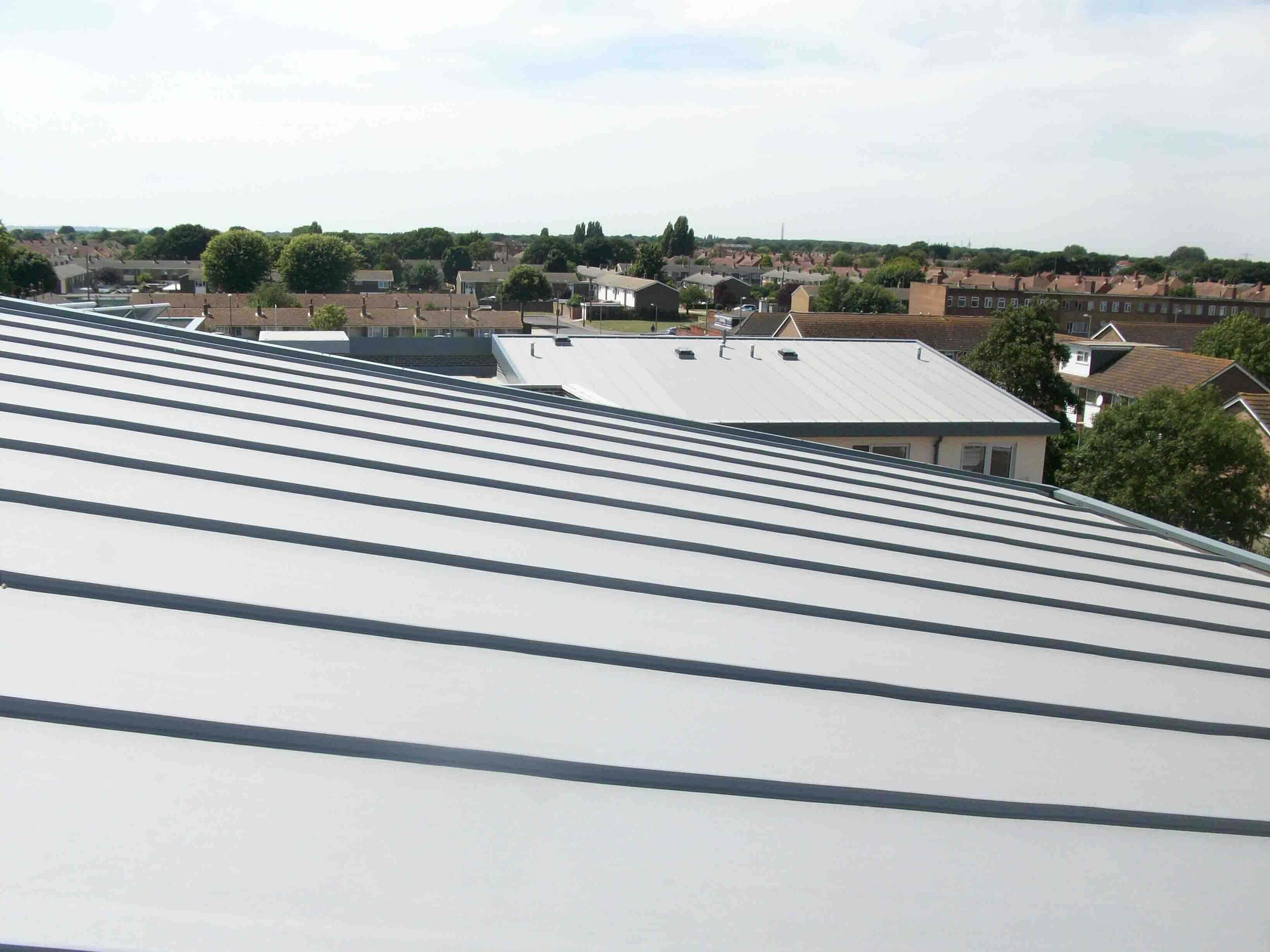
Single Ply Roofing
Single Ply is an aesthetically pleasing roof waterproofing system that is both tough, durable and can be adapted to suit most roofing requirements, including lead look, copper, and standing seam effects.
Single-ply roofing systems are composed of a single-ply membrane, flashings, and adhesive and are often combined with insulation.
TPO, EPDM, and PVC are the three most common types of single-ply membrane systems. Since they consist only of a single layer of roofing material over insulation or the deck, these popular systems are very lightweight.
TPO (ThermoPlastic Olefin) roofing systems combine the long-term durability of rubber with the security of hot air welded seams. TPO’s advantages include:
The most environmentally friendly of the single-ply systems
Produce no dioxins or chlorine
Come in varying thicknesses and roll widths to meet your specific requirements.
EPDM (Ethylene Propylene Diene Monomer) is a stable roofing alternative that withstands extremes of temperature and expands and contracts with the building. Key advantages are:
Minimal maintenance
Resistant to UV radiation and ozone
Proven effective for more than 30 years.
PVC (Polyvinyl Chloride) Roofing Systems are among the easiest single-ply roofing membranes to install and heat-weld together. Among the advantages PVC systems provide:
Ability to resist various chemical effluents
Superior resistance to punctures and tears
Especially suited for roofs that are exposed to concentrations of grease, oils, and many kinds of fuels
Ideal in areas where acid rain or other forms of acidic outflow is a problem
Single Ply Technology offers maximum freedom of choice in roof design, performance, and appearance for refurbishment and new build.

